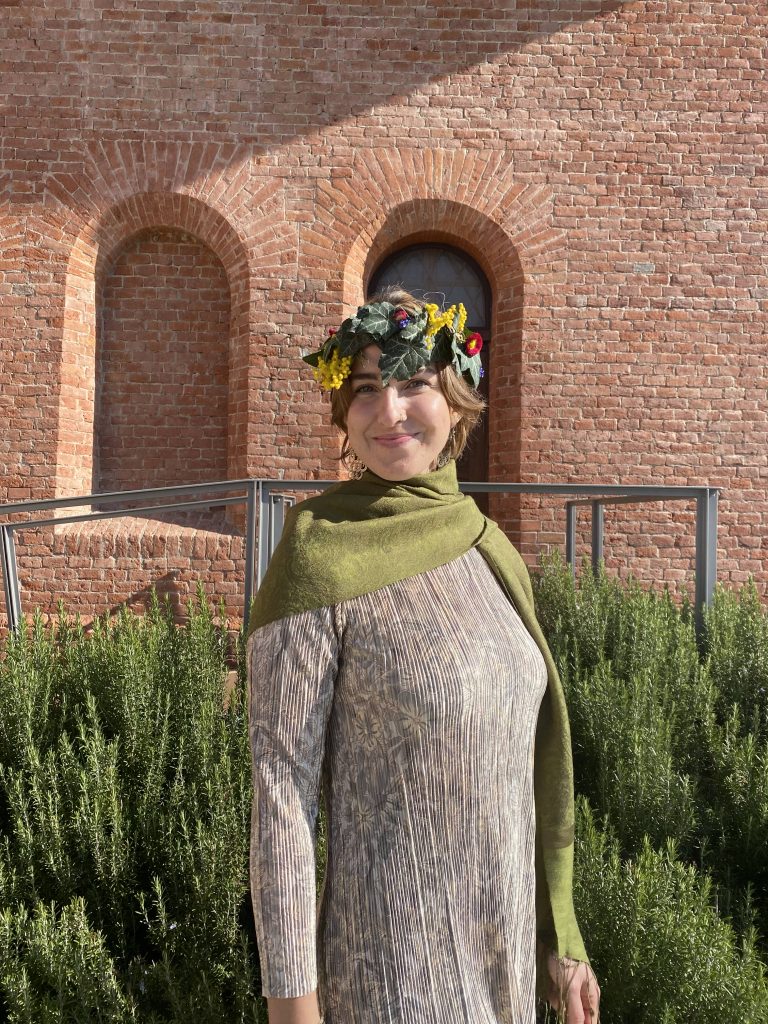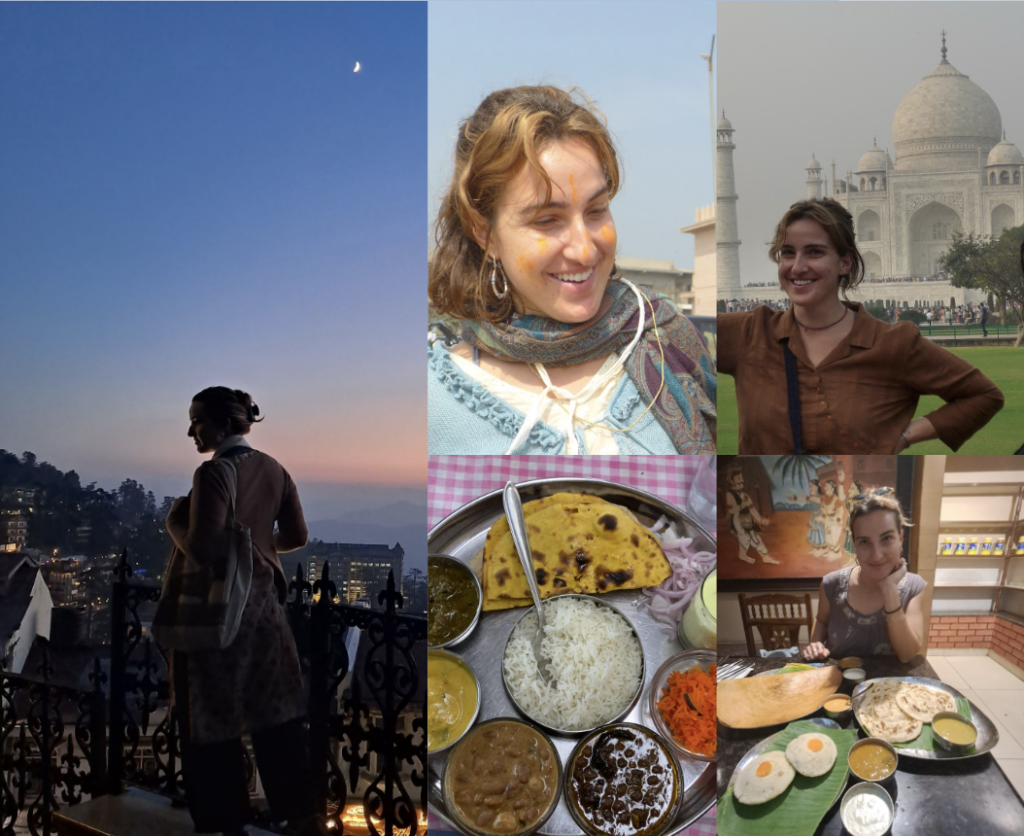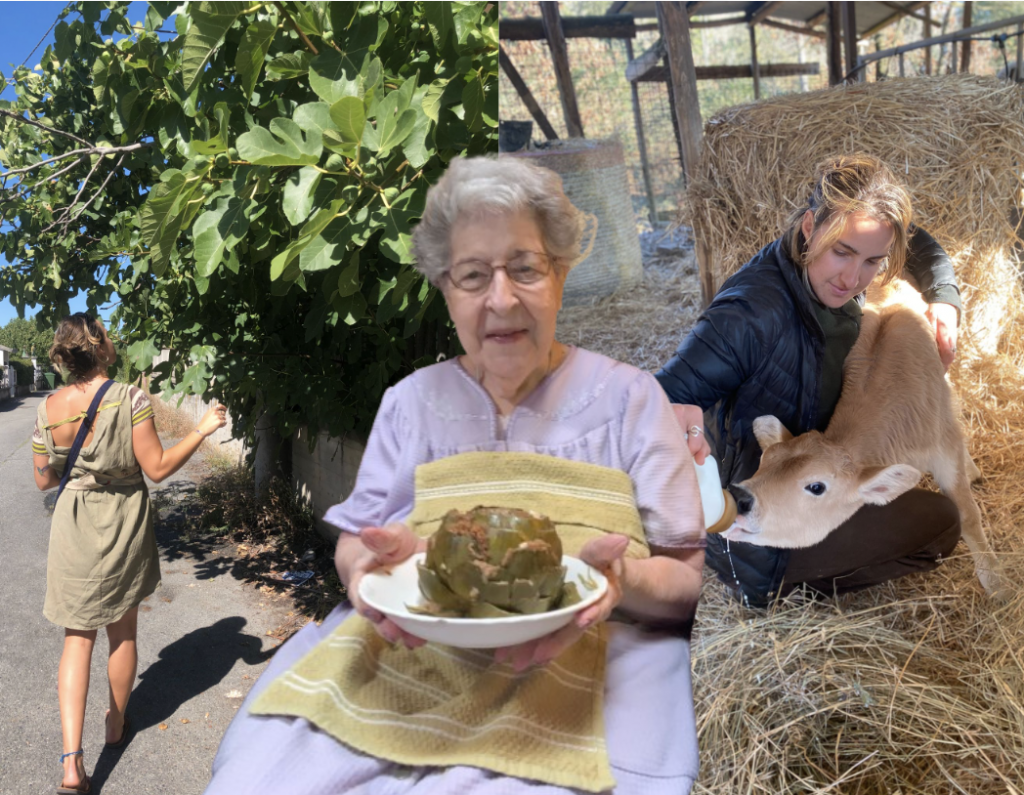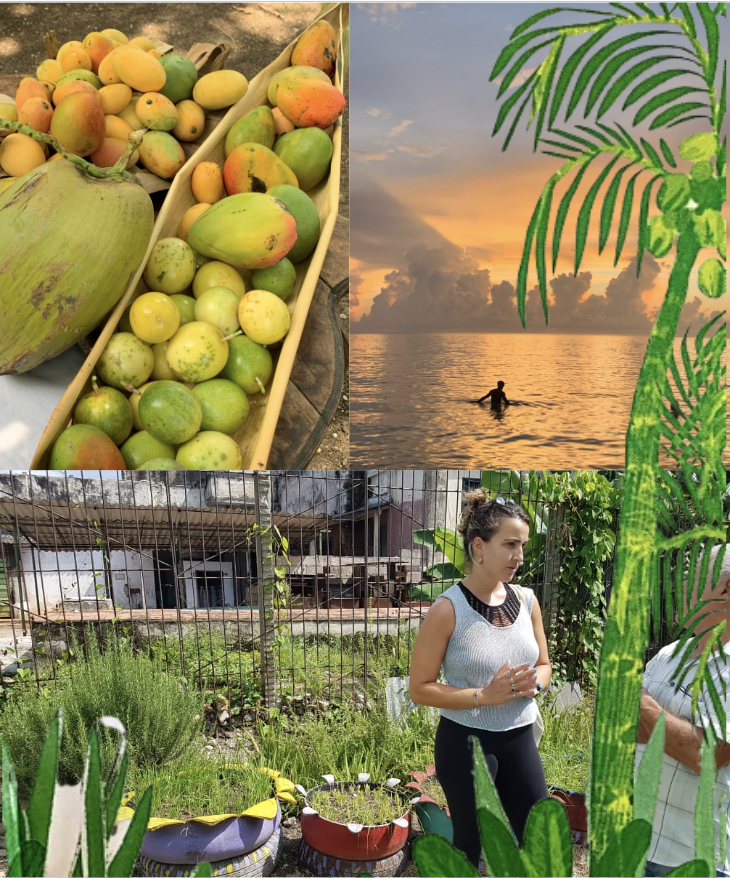
Mallory Cerkleski is a Ph.D. student at Scuola Normale Superiore (Pisa, Italy).
How long have you been a member of ASFS? What drew you to the Association, and what aspects have been helpful to you as a PhD student?
I cannot remember how long I have been a formal member, but I have studied food studies since my bachelors (in 2016). I have been following the organization for a long time, but for different things at different moments in my life. When I was looking for grad school, I remember using the page dedicated to food studies programs (here). Now as a PhD student, I use the network to connect with like-minded scholars, collaborate on publications, and find new and interesting information for future research.
What are your research interests? How did you become interesting in researching them?
In general, I am interested in using food as a tool and a medium to build relationships, to exchange, to understand and trace life histories, etc. To make a broad generalization, all my research interests lie in understanding the micro (everyday) consequences of the macro and vice versa. This theme can be seen in all of my research from my bachelor’s thesis which started from the micro of corn consumption in Malawi to the macro of GMO policy in Malawi and Kenya, to my Master’s thesis which started from the micro question of food access in Cuba in order to trace life histories and understand broader ideas of Cuban identity, traditions, relations to socialism, and future imaginaries. Now, my PhD continues this theme but focuses on collecting stories of everyday food practices in the communist settings of Cuba and Kerala in order to try and understand the interplay between larger policies (i.e. food distribution) and people’s utilization of food.

You’re currently a PhD student at Scuola Normale Superiore, where your doctoral project examines a comparative history of communist food systems in Kerala and Cuba. Could you tell us more about this project, including what methodologies you’re using?
Of course! So I am in the History department in the Contemporary history group therefore I will utilize the methods of oral history as my primary method and archival analysis as secondary support. As mentioned briefly above, the project is a comparison of two places (Cuba and Kerala) that have some similarities being both communist (in name), both part of the Global South, both communities heavily reliant on remittances, both having strong public food distribution systems, but mostly, what is interesting about the comparison lies in their differences. How are these places that both call themselves “communist” and have communist symbols spread around their country, navigate this ideology and how can food be a lens into understanding how (or if) “communist values” have leeched into everyday practices? And how have these practices shifted over time from what we can call 20th century socialism (top down, heavily centralized), to 21st century socialism, which feels more pervasive, micro and everyday value based?
So that is what I am trying to understand, it is in the beginning phases and my first fieldwork will take place in Kerala so any connections would be great!

What has it been like doing a PhD in a country where you did not grow up in? Do you have any advice for other people who are considering moving countries for their graduate studies?
Since I did my Masters in Italy, the transition to the PhD here was not as drastic, but it still has been a big learning curve. The PhD is in Italian, whereas my Masters program was in English. In general though, I find the Italian education system is much more formalized than the US, professors and students tend to have very formal relationships and that is not something I was used to – especially being on educated in “liberal arts” environments. Even in high school I called teachers by their first name! I think my advice would be to stand strong in your values and the way you know you work best. Even though it is the norm to have these formal relationships here, if you look in the right places you will find the people who see things in the same way as you and who are trying to do mentorship differently—like my advisor in my Masters who believed in much more egalitarian relationships with students. Same for my PhD—even though most prefer a top-down relationship, I have found mentors outside of my school or outside of Italy to support me in the ways that I have needed.
In 2021 you were a researcher and writer for the National Farm Worker Ministry. How has that experience influenced your research?
So every year the National Farm Worker Ministry has a campaign called Harvest for Justice, which is a collection of a lot of information based on a theme. The year I worked for them, they chose the theme “Food Justice.” Based on this theme I helped create different schemes, programs, and information that each of the member organizations could use for various activities they wanted to put on. In order to get most of the information, my task was to interview many of their partners and farm workers who are part of the organization. This was a very helpful experience because then I went on to performing oral histories for my Masters and this small experience of interviewing farm workers helped build some of these skills you need in oral history collection. The resources can be found here. Everything I wrote they just published on the website.
Can you tell us more about “Culinary Chronicles”, a collaborative project you’ve initiated which explores cultural heritage through food?
This project started as a result of collecting my grandmother’s oral history. After finishing my Masters where I collected over 25 oral histories of Cubans in and outside of Cuba, I returned home to the US. After three years of collecting these stories I asked myself why I wasn’t focusing on the stories of my family? My grandmother is Sicilian by blood, but her parents moved to the US in 1927, like many, to find better lives. My childhood was filled with Italian cultural references, small gestures, cannoli for dessert, even Italian words sprinkled about, but I never paid any mind to it until moving here in 2020. When going back in 2023, I sat down with my grandma and retraced her life focusing on using food as a tool to trigger memories, she even was able to recall the exact address of her childhood home in downtown Chicago. This experience was many things for me—fulfilling, to have my grandmother’s voice recorded for my family to cherish forever; enlightening, to merge some things she actually never understood about some of her families behaviors (that I now understood after living here); and also surprising to hear my grandma recall such vivid memories moments after she could barely remember basic things like to take her medicine.
This experience opened me up to the idea that this was not an experience unique to just me – the process of leaving home and rediscovering it, and, in turn allowing your family to rediscover themselves and their memories. This exchange was a common experience that is not always recorded and since food is a useful tool for the triggering of memory, I wanted to combine all of these aspects in an open and creative project: the rediscovery of your home, rediscovery of their home, a tracing of food culture, adaptation, mobility, every day practices and shifts. So that’s what we did, I put a call out for collaborators and got 10 participants from around the world to collect stories using food and write pieces to combine in a book. We are still looking for publishers, but that is the next step!
Earlier this year your book review Harvesting Perspectives: A comprehensive review of two pivotal works on Indian agrarian transformation was published in the Journal of Agriculture, Food Systems, and Community Development. How does doing book reviews help graduate students?
In my experience, writing book reviews is three-fold. The first reason I enjoy it is I give myself a deadline for finishing a book, which in this life of the PhD where there is always something new to read, is very helpful. Two it is practice in synthesizing pieces which is also an essential skill to have—what does this piece say? How does it say it? How is it different? How does it market itself to be unique (i.e. where does it place itself versus where would I place it for myself), what information can be of use to me (factually, methodologically, etc)? Three, it is also an opportunity to be creative and say something you want to with low stakes. For instance, in the book review above I decided – alongside encouragement from the editor – to use it as a broader overview of an agrarian transformation in India today instead of just a review of one book.
What’s your favorite thing about living in Italy?
My favorite thing about Italy is that, even though this might be a downfall when trying to get bureaucratic things done, people here have really mastered the art of relaxing. As someone who is naturally an overachiever, the combination of this personality trait and the culture of overworking in the U.S. did not go well together. Here, even if I push myself to work, there is always someone telling me to “stai calma” (stay calm) and that is so helpful and essential to overall wellbeing.

